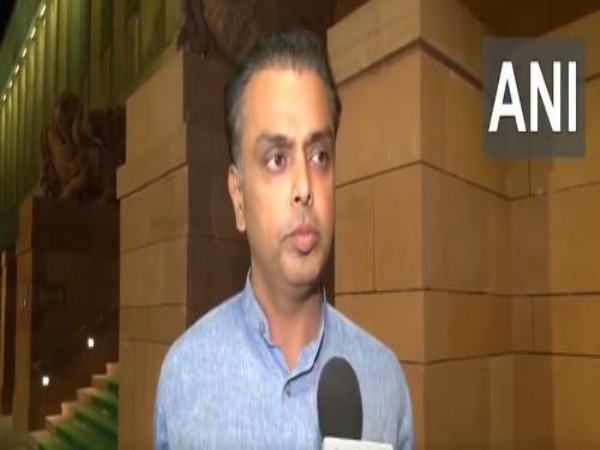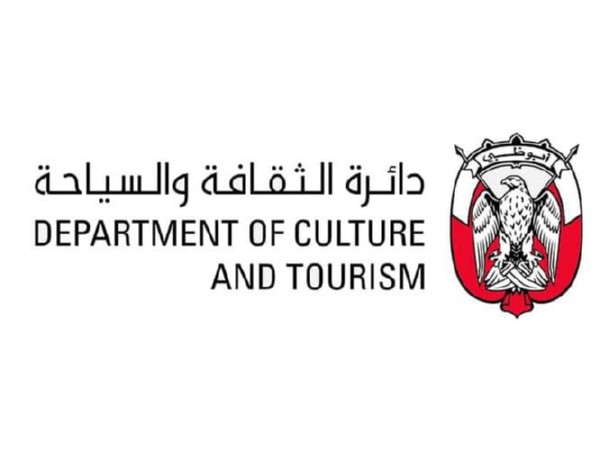
US tariffs can impact Indian Medical Device sector, need to explore opportunities where they seek to diversify: AiMeD
Apr 03, 2025
New Delhi [India], April 3 : As US President Donald Trump mandates a 27 percent tariff on Indian goods to the US, Forum Cordinator of AiMeD Rajiv Nath said that the need was to explore windows of opportunities where the US has been seeking to diversify its supply chain dependence to reduce the impact of the tariff.
AiMeD is an Umbrella Association of Indian Manufacturers of Medical Devices covering all types of Medical Devices including Consumables, Disposables, Equipments, Instruments, Electronics, Diagnostics and Implants.
Noting India's trade with the US in the Medical Device sector, Rajiv Nath said, "The imposition of reciprocal tariff on Indian medical device exports to the U.S. may pose a significant challenge to the sector's growth. Historically, India has been a key supplier of cost-effective, high-quality medical devices to the U.S., primarily in low-value, high-volume consumables categories. However, this new tariff may possibly impact Indian Medical Devices exports, and we have to explore windows of opportunities where USA has been seeking to diversify its supply chain dependence on any one nation ."
In 2023-24, India's medical device exports to the U.S. stood at $714.38 million, while imports from the U.S. to India were significantly higher at $1,519.94 million, according to data shared by the Export Promotion Council of Medical Devices.
The US has imposed relatively low tariffs on India as compared to China, on which it has imposed 34 per cent tariffs.
"While India may seemingly gain a marginal price advantage over China (8%) in certain low-risk, high-volume consumables, the real impact may not be significant if our prices were higher than 15% and the impact has to be further studied compared to other competing nations. " stated Himanshu Baid, Mg Director, Polymedicure.
Baid said the sector is more impacted by non-tariff barriers than tariffs themselves, highlighting high FDA approval costs.
"Despite the tariff challenges, India's primary obstacle remains non-tariff barriers rather than tariffs themselves. Regulatory hurdles in the U.S. are steep, with FDA approval costs ranging from $9,280 to over $540,000, whereas U.S. exporters face relatively minimal costs when entering India. Addressing these imbalances through bilateral collaboration is crucial," he added.
Rajiv Nath reaffirmed PM Modi's view of prioritising healthcare security by strengthening domestic manufacturing to tackle the issue.
"As emphasized by our Prime Minister, India must prioritize healthcare security by strengthening domestic manufacturing and reducing dependency on foreign markets, " stated Nath.
"We request the Government of India's support in bilateral negotiations for a balanced approach to tariffs and regulatory policies as an essential requirement to position India as a competitive global player in the medical device industry," he added.
AiMeD's call to action is a reminder that the global medical device market requires cooperative and fair-trade practices, with equal attention given to both tariff and non-tariff barriers to ensure the sustainability of the industry in both India and the United States.





















